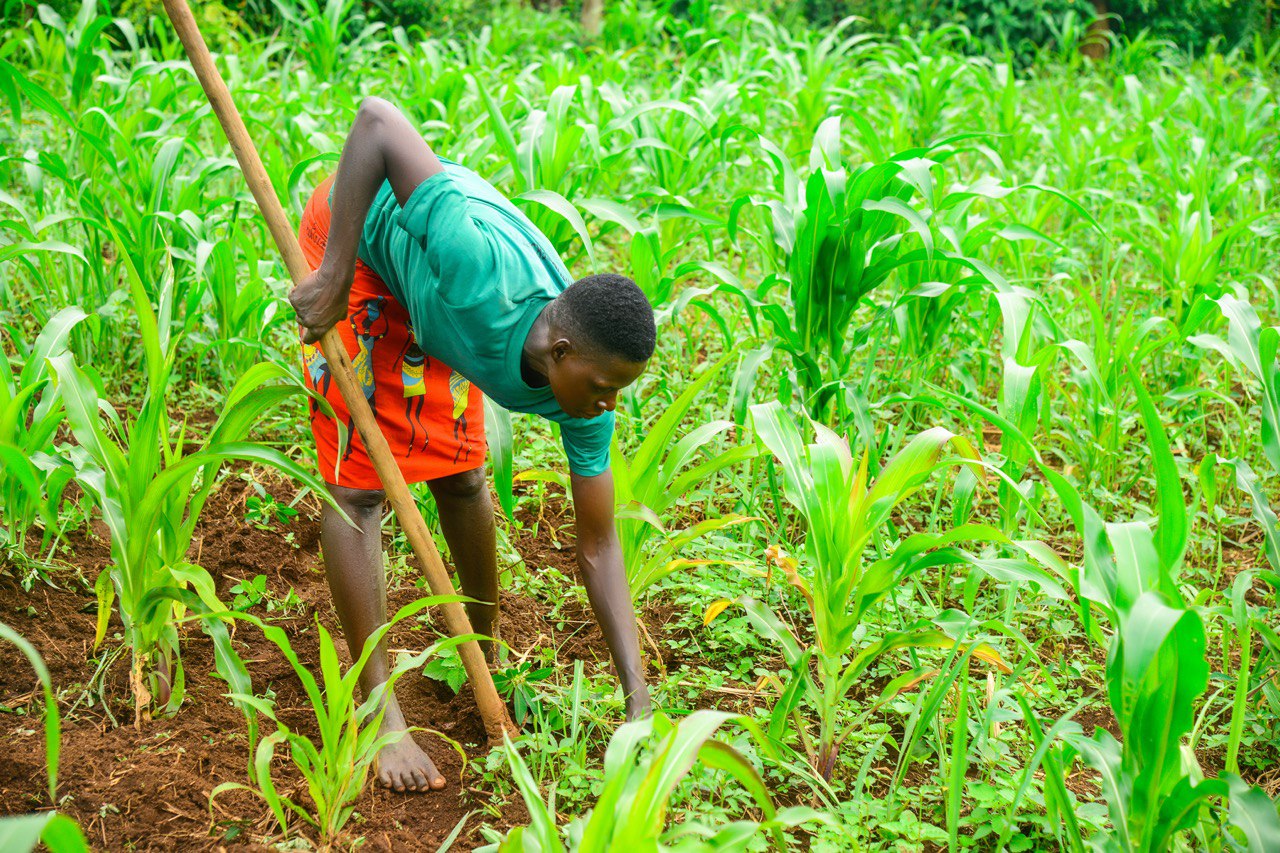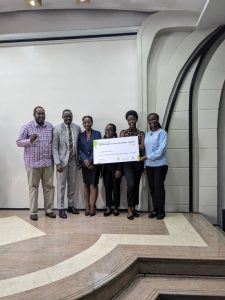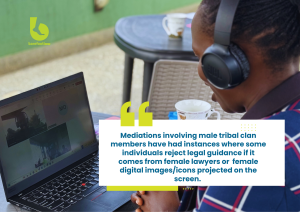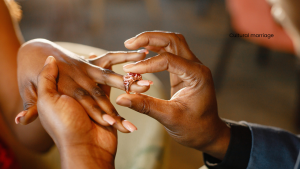
INTRODUCTION
Peace thrives on stability and predictability. A society is more likely to experience harmony when there is a shared and consistent understanding of how its members relate to one another—and how they should respond to each other’s actions. In many ways, law is the architecture of this predictability. It defines norms, enshrines expectations, and disciplines deviation. While several schools of thought exist on the origins of law, one dominant idea holds that law is an expression of society’s collective will—an agreement on how people wish to live and resolve their affairs. It is, in essence, a social contract of order.
In Uganda, this recognition has found expression in our legal frameworks, particularly in how we treat land ownership. The Constitution and related laws acknowledge and protect customary land tenure—a system where land is owned communally, passed down through generations with shared responsibilities and benefits. This has historically been the cornerstone of landholding in the Northern region, where cultural traditions deeply entrench communal stewardship of land.
CONTEXT
However, society is never static. And in recent years, we at BarefootLaw have observed a disturbing pattern emerging— one that risks turning the very soil under our feet into a battleground. According to BarefootLaw’s Impact Department, in just the first two quarters of 2025, over 40% of all mediations were land-related disputes. That figure placed land second only to family matters—and upon closer scrutiny, a startling 53% of those family disputes themselves originated from property disagreements.
Similarly, the Uganda Police Force reported increasing land-related crimes, rising from 478 in 2018 to 561 in 20221. This is not merely a spike in statistics. It is the symptom of a deeper shift—a slow but steady move from customary tenure toward private, individualised freehold ownership. Whether driven by economic aspirations, erosion of extended family trust, or diverging land use purposes, the result is the same: what was once shared is now being claimed. What was once communal is becoming individual. And in that transition lies a growing fracture in the social fabric.
A stark illustration of this can be found in Amuru District, Northern Uganda. In 2008, the Amuru District Land Board allocated approximately 40,000 hectares of land—traditionally held under customary tenure by local communities—to the Madhvani Group for commercial sugarcane farming. The community members contested this allocation, asserting their customary ownership of the land. However, in a 2009 ruling, the High Court found against the community, stating that they did not hold the land under customary tenure and that the Land Board had acted within the law in allocating it to the company.[1] This decision ignited significant unrest. Community members expressed deep-seated grievances, with some warning of potential violence reminiscent of past conflicts. In neighbouring Nwoya District, a land dispute escalated into violence, resulting in the burning of 200 huts in the Koch Goma area.[2] These incidents underscore the volatile nature of land disputes in regions transitioning from customary to freehold tenure systems.
STATUS QUO
This is not an isolated incident. It is a whisper of what’s coming. In the past six months alone, BarefootLaw has mediated land disputes involving parcels valued at over UGX 10 billion—yet has only managed a 13% resolution rate. The implication? An expanding number of neighbours are living side by side under the silent weight of unresolved land tensions. That is not coexistence; it is a time bomb with no ticking sound—just a tremor beneath our feet, waiting.
BarefootLaw has chosen the responsibility of playing a part in ensuring peaceful communities in the work that it does and as such, should be interested in these significant shifts that are currently only being felt at a tectonic level. Before the earthquake comes there is an opportunity that its foresight should afford it in strategically playing a role is averting conflict from this shift of appetite for land tenure.
Land is not merely an economic asset. It is memory, identity, security, and hope. When the framework that governs it becomes unclear, or rapidly transforms without corresponding shifts in understanding, peaceful communities become more dream than reality. Unless attention, resources, and legal support are urgently channelled toward managing this tenure transition, we risk waking up to conflicts that no amount of legal wisdom may be able to contain.
Yet even in this moment of danger, there is opportunity. If we can strengthen legal awareness, promote community-driven agreements on tenure shifts, and deepen mediation capacity, we may yet defuse the tensions before they erupt. This is not just about land. It is about whether we choose to nurture peace—or silently prepare its undoing.
WAY FORWARD?
As earlier iterated, society is not static, and it is not absurd that these communities are starting to prefer individual ownership over communal. However, if, having an opportunity to shape the shift from communal to individual ownership, BarefootLaw and other key stakeholders do not provide an innovative approach to this shift, all the peaceful communities that it has contributed to might soon be a thing of the past. We have both an opportunity and a responsibility to think of a pathway that will maintain a peace that was paid for with high prices, including lives. As an Organisation that has enjoyed great success in using innovative technology to enhance the sharing of legal knowledge, our next big innovation might not be technological, it might be a social-legal innovation.
Afro Barometer 20242 International War and Peace Reporting (IWPR). (2010, April 30). Contested lands in the Ugandan north. Institute for War & Peace Reporting. ↑ Rugadya, M. A., Nsamba-Gayiiya, E., & Kamusiime, H. (2008). Assessment of Land Dispute Management Institutions in Uganda. Uganda Ministry of Lands, Housing and Urban Development & World Bank. ↑
- [email protected]
- Plot 1, Muwafu Road
- +256 392 177405
- [email protected]
- Plot 1, Muwafu Road
- +256 392 177405
Menu
Post Info
Latest Posts

Projects
University students at the forefront of innovating to increase access to justice in Zambia
Read More »
August 14, 2025
No Comments

Join us in Creating Peaceful Communities Where People Can Thrive
Address :
- Plot 1 Muwafu Close, Minister's Village, Ntinda
- The Hague Humanity hub Fluwelen Burgwal 58 2511 CJ The Hague
What We Do
- Access to Legal Information
- Access to Legal Services
- Community Building and Partnerships
- Research
Keeping your community clean and green, one pickup at a time for a healthier tomorrow for a clean earth & clear future.
Address :
- Address : 1080 Brickell Ave
- City : Miami ( Florida )
- Country : United States
Info :
- Support : [email protected]
- Email : [email protected]
- Phone : + 1 735 336 396










